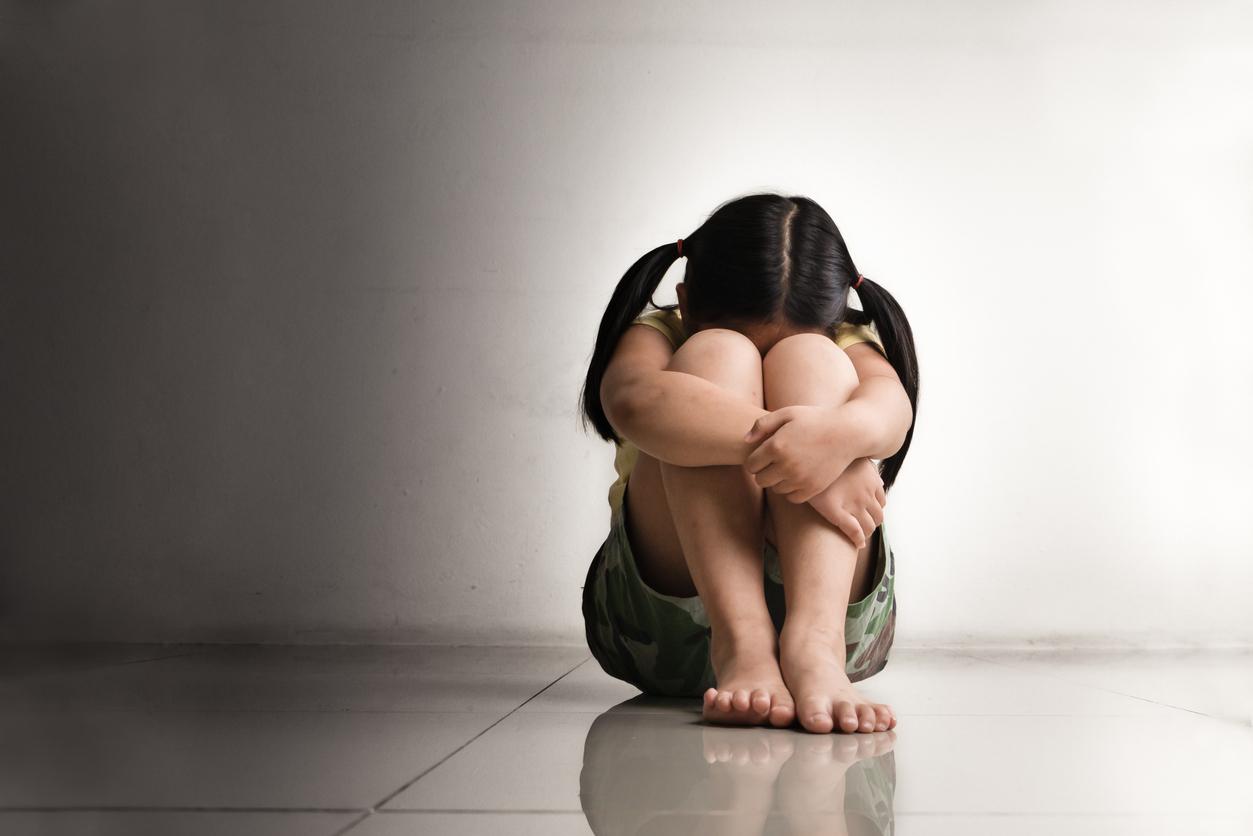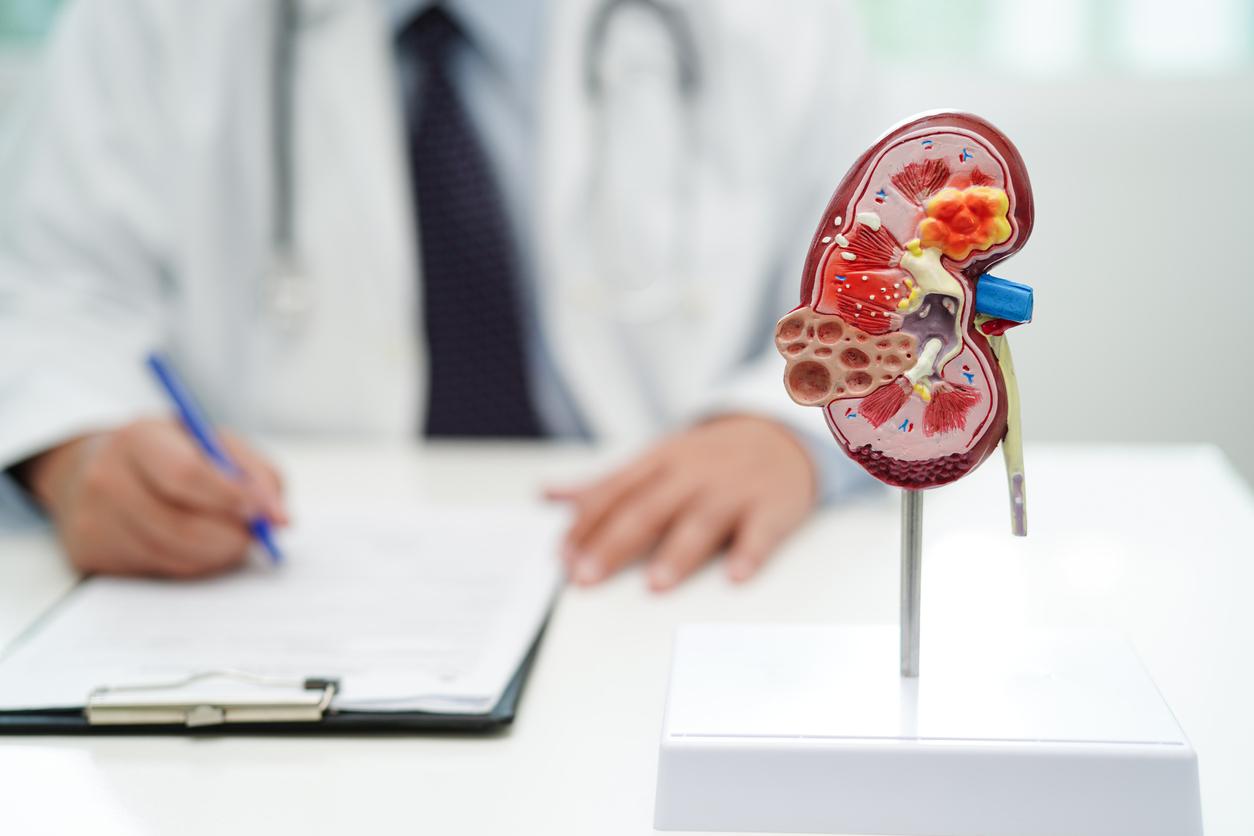THE restless legs syndrome (RLS)it is a real scourge: 2% to 3% of the French population would suffer chronically from these “impatiences” which mainly affect the legs and which occur especially at bedtime.
Similar to stings, burns or even tingling, the manifestations of RLS only improve with movement, which forces the patient to move his legs regularly to relieve them. Result: the disease is indirectly responsible for sleep disorders – insomnia, inability to go back to sleep, frequent nocturnal awakenings…
Depressive symptoms, suicidal thoughts and insomnia
Unsurprisingly, Restless Leg Syndrome (RLS) affects the mental health of sufferers – who are mostly women. “Some surveys and clinical studies suggest that people with RLS are at increased risk of experiencing depressive symptoms or having suicidal thoughts, especially those with insomnia.“says Pr. Yves Dauvilliers, neurologist.
Exactly: in a new study, theInserm looked at the psychological impact of restless legs syndrome (RLS). The researchers worked with a group of 529 patients suffering from RLS: thanks to questionnaires and an evaluation by a neuropsychologist, they discovered that 79% of them suffered from insomnia, 32.5% presented symptoms depression and 28% had suicidal thoughts.
A year later, the researchers re-evaluated the mental health of the patients, after setting up a personalized treatment for RLS. If sleep disorders and depressive symptoms had clearly regressed, the frequency of suicidal ideation had not changed. Hence the importance of “psy” care when suffering from restless legs syndrome: “physicians need to be made aware of [ces risques] so that they are vigilant about the mental health of their patients“conclude the researchers.
Read also :
- Do you feel tired when you wake up (even after a good night’s sleep)? Here are 3 reasons according to a specialist
- Covid-19: restless anus syndrome, a new symptom of the virus?
- Restless legs: are there effective treatments?


















